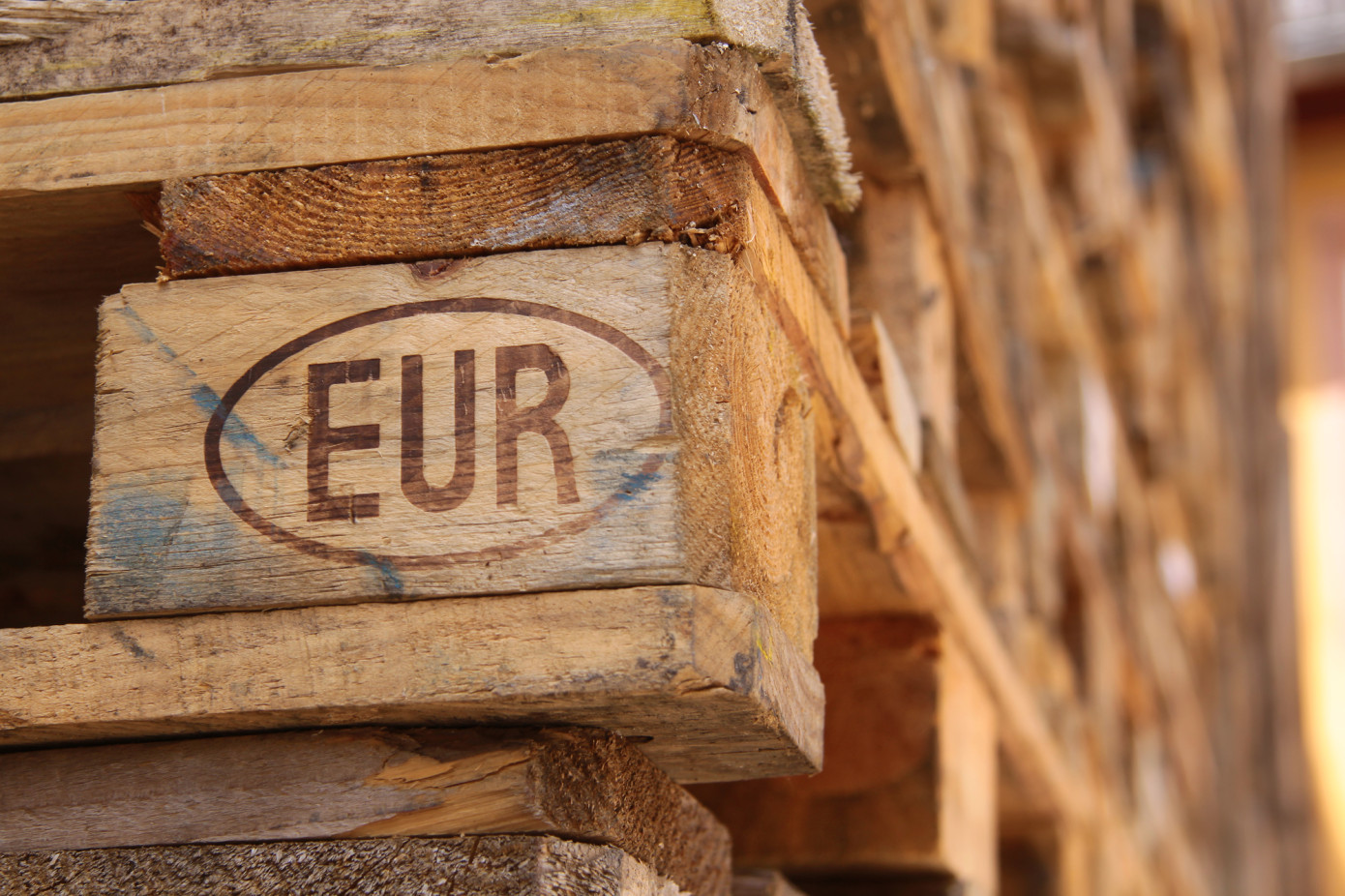EPAL, the European Pallet Association, is taking action against the supply of substandard Euro pallets and the use of wood from illegal sources. The organization is cracking down on counterfeit pallets being offered as "2nd class" EPAL pallets. These pallets not only have quality defects but also raise suspicions of illegal wood sourcing.
EPAL has recently observed the emergence of offers for Euro pallets labeled as "Class 2 EPAL pallets" at unusually low prices. Upon investigation, it was found that these pallets exhibited significant quality faults, including defects in the wood and incorrect nail positions. Such offers of substandard pallets have been common for pallets from other systems, but EPAL has consistently prevented poor-quality pallets from being sold as genuine EPAL pallets.
To address this issue, EPAL emphasizes that new EPAL Euro pallets must meet the specifications outlined in the EPAL Technical Regulations. Lower quality components and nails are not permitted, and the pallets should not be labeled as "Class 2 EPAL pallets." Any pallets labeled as such are considered counterfeits. EPAL has instructed its licensees and customs offices to destroy any pallets bearing the "2nd class" designation and showing noticeable quality defects. In cases of doubt, EPAL's inspection company, Bureau Veritas, will conduct further examinations.
EPAL is committed to maintaining the international uniform quality of EPAL Euro pallets, as it serves as the foundation for safe logistics processes and upholds the esteemed reputation of EPAL Euro pallets. To ensure the quality and legality of the pallets, EPAL urges users from various industries, trade, and logistics to purchase EPAL Euro pallets exclusively from authorized EPAL licensees.
EPAL is also addressing the issue of wood sourcing for pallet production. Euro pallets are being offered at suspiciously low prices, raising concerns that they may be produced with wood from illegal sources. This wood is often available at significantly lower prices than legally sourced wood. EPAL suspects that the illegally sourced wood includes timber harvested without proper permission or imported in violation of sanctions against Russia and Belarus. Some unscrupulous traders falsely declare the origin of the wood as Kazakhstan or Kyrgyzstan when it actually comes from Belarus. EPAL does not have licensees in these countries. Timber Development UK recently said it had discovered attempts to supply wood products to the UK under the guise of products from other countries.
To combat this problem, EPAL collaborates closely with customs authorities to prevent the importation of illegally produced and counterfeit Euro pallets. In addition to the technical regulations, EPAL licensees are obligated to comply with all legal provisions, including those of the European Timber Regulation (EUTR). By directly purchasing EPAL Euro pallets from licensed sources, users can ensure compliance with legal requirements and support sustainable forest management practices.
EPAL's ongoing efforts to maintain quality standards, fight counterfeiting, and promote sustainable practices align with its mission as the organization responsible for organizing the EPAL Euro pallet exchange pool. With over 650 million EPAL Euro pallets and approximately 20 million EPAL Box pallets in circulation, EPAL's exchange pool represents the largest open pallet exchange pool globally. Over 1,600 EPAL licensees worldwide are involved in the production and repair of EPAL Euro pallets and other EPAL load carriers.
According to Lesprom Analytics, the imports of wooden pallet to European Union dipped 3.5% year-on-year in 2022 to 48 million pcs. The value of imports expanded 26% to $529 million. Average price of wooden pallet grew 31% to $11 per piece. In 2022,
Ukraine’s share amounted to 52.7% of European Union’s total wooden pallet imports in 2022. Ukraine was the European Union’s biggest wooden pallet supplier with second-ranked Belarus at 8.8% of total exports, while Norway takes 7.2% and United Kingdom 6.2%. In 2022, EU increased imports of wooden pallet from Ukraine by 64%, while supplies from Belarus decreased by 68% and those from Norway decreased by 40%.
